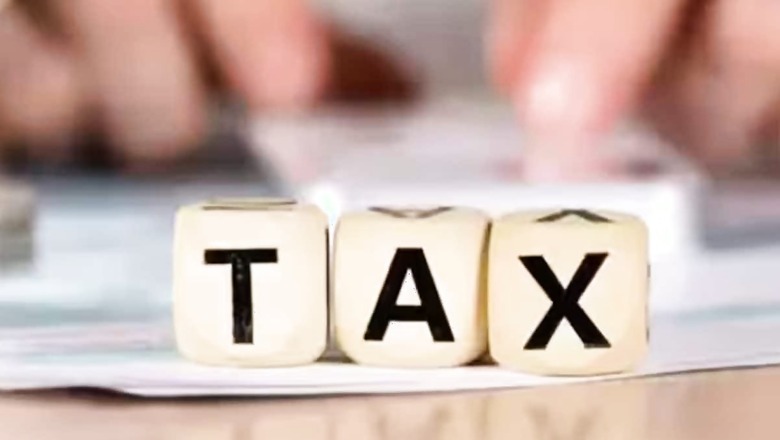
views
The decision whether or not to pay advance tax is based on your annual income and tax liability. A taxpayer must pay advance tax in order to avoid penal interest if, after taking away tax deducted at source (TDS), their yearly tax bill for the financial year exceeds Rs 10,000.
In accordance with the Income-tax Act of 1961, individuals must pay their advance taxes on time to avoid incurring penalties. In the relevant financial year, the advance tax must be paid in four equal installments in June, September, December, and March. The deadline to pay the fourth installment of advance tax for FY 2023-24 is March 15, 2024.
The following are the deadlines and the amounts of advance tax that must be paid:
By June 15: Pay 15% of the estimated net tax liability.
By September 15: Pay 45% of the estimated net tax liability, minus any advance tax already paid.
By December 15: Pay 75% of the estimated net tax liability, minus any advance tax already paid.
By March 15: Pay 100% of the estimated net tax liability, minus any advance tax already paid.
Who is excluded from paying advance tax?
Advance income tax is not required for taxpayers who have chosen to participate in the presumptive taxation plan under section 44AD or 44ADA, or senior citizens who don’t earn any income from a business or profession. Salaried individuals who have TDS deducted do not need to pay any advance tax under most conditions.
If a person fails to pay their advance tax amount and installments by the deadline, they will be subject to two different forms of penalties (under sections 234C and 234B). If there is any default in the advance tax payment, penal interest is assessed under section 234B of the Income Tax Act. If the advance tax payment is delayed, penal interest is assessed under section 234C.
Section 234C imposes a three-month interest charge at a rate of 1% each month. Penal interest shall be applied under section 234B if a taxpayer has not paid advance tax or has paid less than 90% of their individual assessed tax.













Comments
0 comment